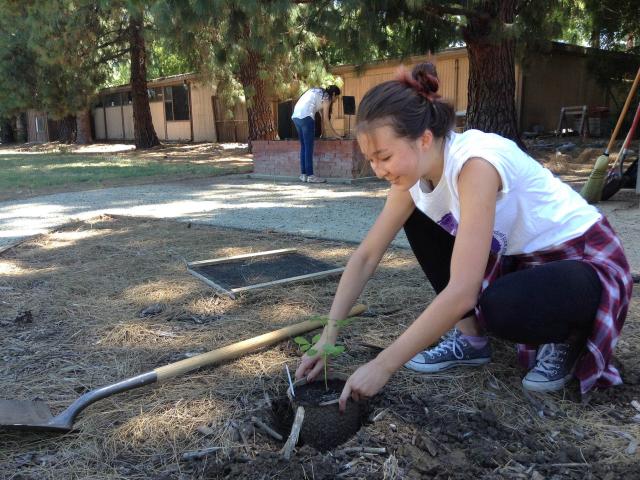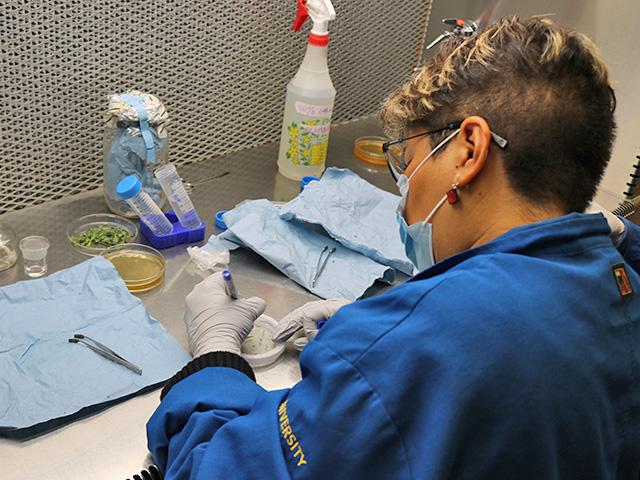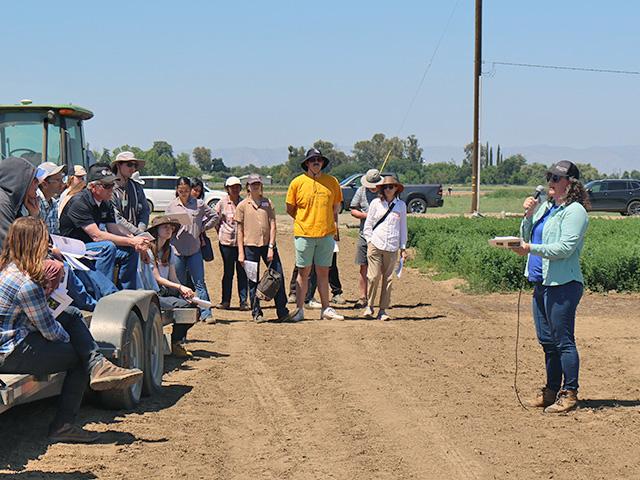Federal Funding Matters
Federal research funding turns lab work into real help. Continued funding means faster treatments, cleaner air and water, safer families and stronger businesses. When funding freezes, progress slows and costs rise. Learn more about the many UC Davis research programs dependent on federal funding at the From Labs to Lives website.








